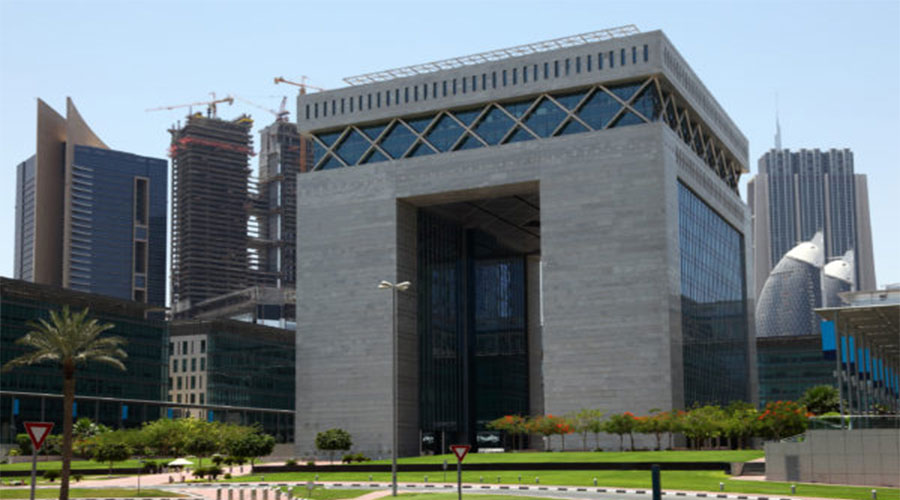Introduction
Trusts and Foundations are prominent vehicles for the purpose of succession planning, wealth preservation and asset protection. These vehicles enable families to plan and structure their asset-holding and its distribution for long-term.
Within the region, many family owned businesses are entering into the transitional stage of handover from one generation to the next. Various options have opened up in the Middle East to cater to the need for succession planning.
This Article briefly examines the general characteristics of Trusts and Foundations in the Dubai International Financial Centre (“DIFC”).
Trusts in the DIFC
In the DIFC, formation and governance of trusts fall under the provisions of the DIFC Trust Law No. 04 of 2018 (“Trust Law”). A Trust may be created by–
- A settlor, who transfers the property to a trustee during his/her lifetime or by a will or other dispositions taking effect upon the death of the settlor;
- A pre-existing trust, by transferring its property to another trust; or
- Owner of identifiable property, through a declaration to the effect of holding such property as a trustee.
A Trust is formed by executing a written instrument including a will or codicil.
The following are the essential conditions that are to be fulfilled before establishing a Trust in the DIFC:
- Settlor must possess the capacity and indicate the intention to create the trust;
- The intended trust should have an identified beneficiary, unless it is a charitable trust (as under Article 38 of the Trust Law) or non-charitable trust (under Article 39 of the Trust Law);
- The property has been vested with the trustee, who has defined duties and such property is held for the beneficial interest of the beneficiaries; and
- The same person is not the sole trustee and beneficiary.
Foundations in the DIFC
Foundations in the DIFC are governed under the Foundations Law No. 3 of 2018 (“Foundations Law”). In simple words, Foundations do share some characteristics of a trust and a company. Unlike a Trust and similar to a company, a Foundation is an independent legal entity with its own legal personality and capable of owning property. As opposed to a company, a Foundation does not have shareholders or be permitted to carry out commercial activities. Foundations are generally established to protect one’s assets/business and manage one’s situation in advance like a living will.
A discernible feature of Foundations is that the Founder(s) of the Foundation may opt to retain a significant degree of control/powers over the Foundation. The Founder(s) can amend, revoke or vary the terms of the Charter, By-Laws or objects of the Foundation or dissolve the Foundation during the Founder’s lifetime. Article 26(2) of the Foundations Law stipulates that such powers of the Founder shall be valid for the lifetime of the Founder, if the Founder is a natural person; or for a maximum period of fifty (50) years where the Founder(s) is a legal person.
The assets of a Foundation are managed and controlled by its Foundation Council, as advised by the Guardian and in accordance with its Charter and By-Laws towards the fulfilment of the Foundation’s cause or purpose (including for the benefit of its beneficiaries).
Accordingly, subject to the law that applies to real properties, if a Founder cedes any of his specific property(s) to the Foundation (“Ceded Property”), the Foundation becomes its owner. The succession law(s) and regulation(s) that apply to the remainder of the estate of the Founder will not apply to the Ceded Property. Moreover, it is open to the Founder during his life time to exercise control on the Ceded Property through the Foundation Council.
Within the DIFC, a Foundation may be set-up for an object that is exclusively charitable or to the benefit of persons/entities named or a mix of both.
Formation of a Foundation in the DIFC involves the filing of an application by the Founder(s) with the Registrar along with the following:
- Name of the proposed Foundation and its registered office address in the DIFC;
- Full name, nationality and address of each Founder and the Council Members;
- Name and address of the proposed Registered Agent in the DIFC (if applicable);
- Charter of the Foundation;
- By-Laws of the Foundation, if a Registered Agent is not appointed or if required according to the purpose of the Foundation; and
- Other particulars as required by the Registrar.

